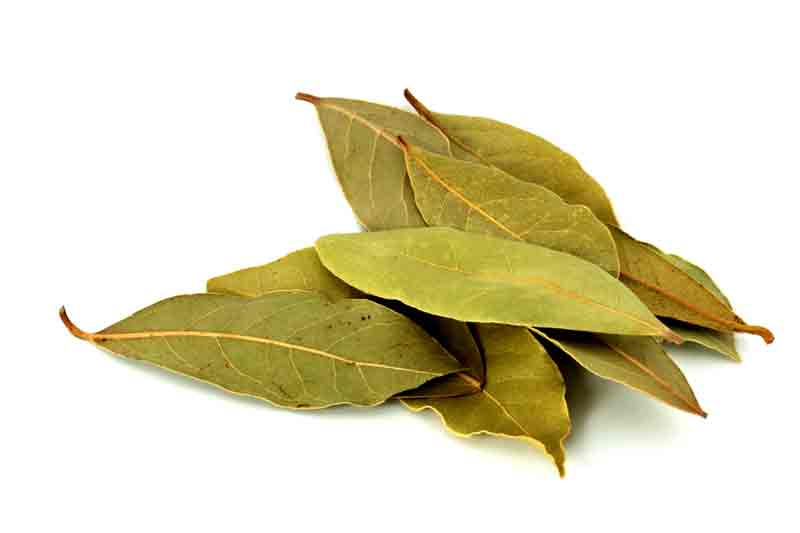Quick Facts
Botanical Name: Syzygium aromaticum, Eugeniaaromatica, E. caryophyllata, E, carayophyllus
Family Name: Myrtaceae or Myrtle
Common Name: Clove, caryophyllus
Part used: Leaves
Specific Gravity: 1.038 to 1.060 @20°C
Refractive Index: 1.527 to 1.535 @20°C
Optical Rotation: -1.5 to 0
Blends Well With: Clove oil blends well with different essential oils like basil essential oil, rosemary essential oil, rose oil, cinnamon essential oil, grapefruit essential oil, lemon essential oil, nutmeg essential oil, peppermint essential oil, orange essential oil, lavender essential oil, geranium essential oil.
Uses:
Clove and its oil is rich in minerals like hydrochloric acid, calcium, iron, sodium,phosphorous, potassium and vitamin A and C. Clove oil is known for its health benefits and the properties can be credited to its antimicrobial, anti-fungal, antiseptic, antiviral, aphrodisiac and stimulating properties. The oil is widely and popularly used for treating different health disorders like toothaches, indigestion, asthma, cough, headache, stress related problems and blood impurities. Clove oil is popular for its use in dental care. Many of the toothpastes, mouthwash products and oral care medications use clove oil as a vital ingredient. It is widely used for tooth ache in children because using it is simple and not painful for the kids.
Countries where it "s found: It is widely found in Asia, Indonesia and Molucca Islands and the countries of production are Madagascar, Philippines, Tanzania and Molucca Islands.
Harvesting Information
Clove plant grows in warm climates and is cultivated commercially in Tanzania, Sumatra, the Maluku (Molucca) Islands, and South America. This tall evergreen plant grows up to 20 m and has leathery leaves. The strongly aromatic clove spice is the dried flower bud
History of the Plant:
Clove has been in use for centuries and in ancient Persia clove was used in love potions. It was widely used in Chinese medicine because of antibacterial and anti-fungal properties and used for diarrhoea, hernia, bad breath, skin infections, and bronchitis and to ease the pain during childbirth. Clove was, and is, extensively used in the age old Indian and Chinese civilizations and later on it was spread to other parts of the world like Europe. It was during the 7th and 8th centuries that the spread of clove happened in these regions. Clove is widely used in Indian and Chinese dishes even now.
 Extraction Process: Steam Distillation
Extraction Process: Steam Distillation
Commonly known Benefits
Clove Leaf Oil has many antiseptic properties and is useful for wounds, cuts, athlete "s foot, scabies, fungal infections, bruises, prickly heat, scabies, and other different kinds of injuries. It can also be used for treating insect bites and stings. Clove leaf oil is very strong in nature and should always be used in diluted form, and furthermore, it should not be used by people with unusually sensitive skin. Apart from the dental products, clove leaf oil is also found in perfumes, soaps, cosmetics and also as a flavouring agent. It is used to relieve pain, sore muscles, disinfect and repel insect. It is used to help relieve cravings for nicotine and flavour natural cigarettes. Clove leaf oil is used in many food products, soft drinks and tooth preparations.





